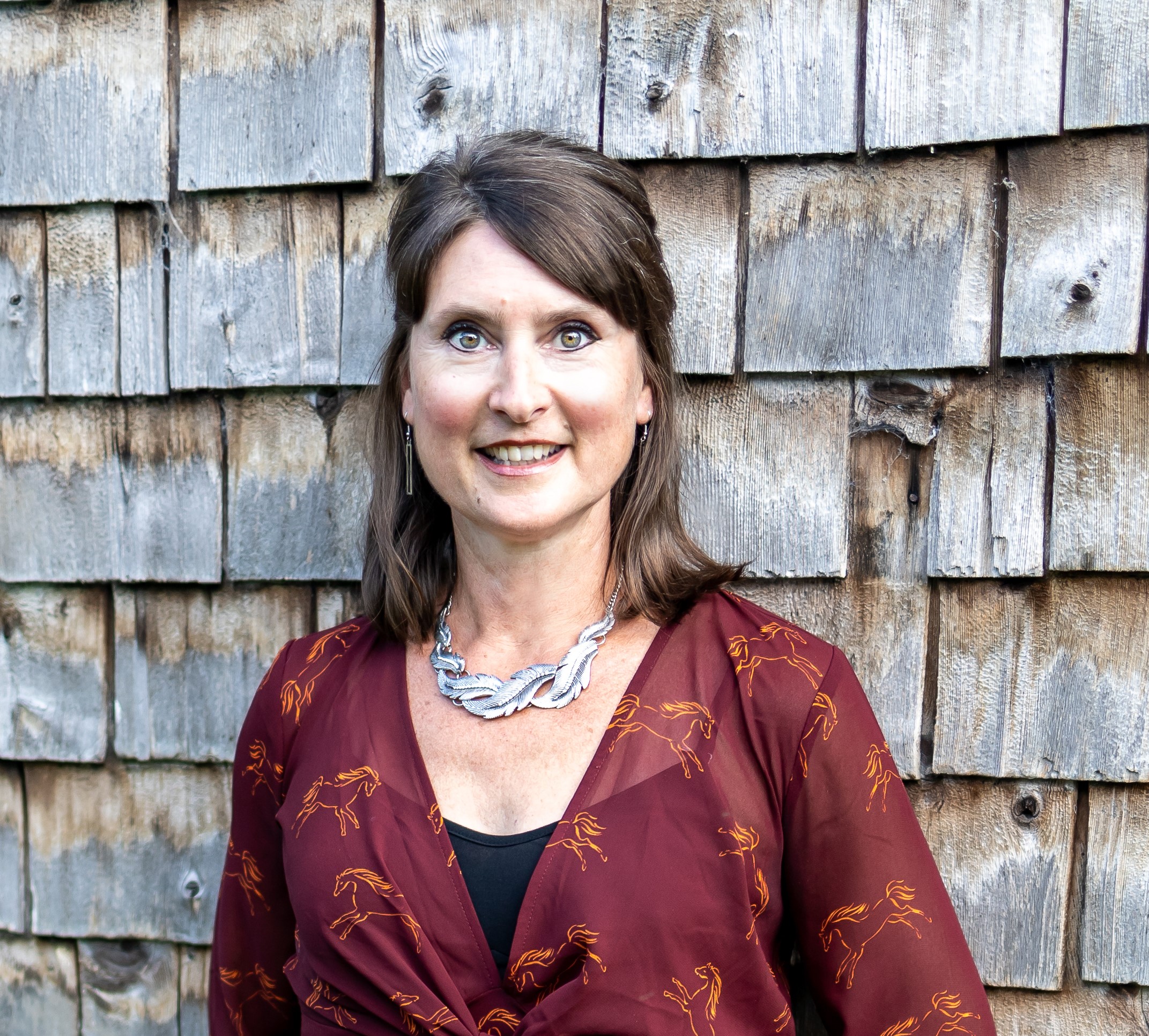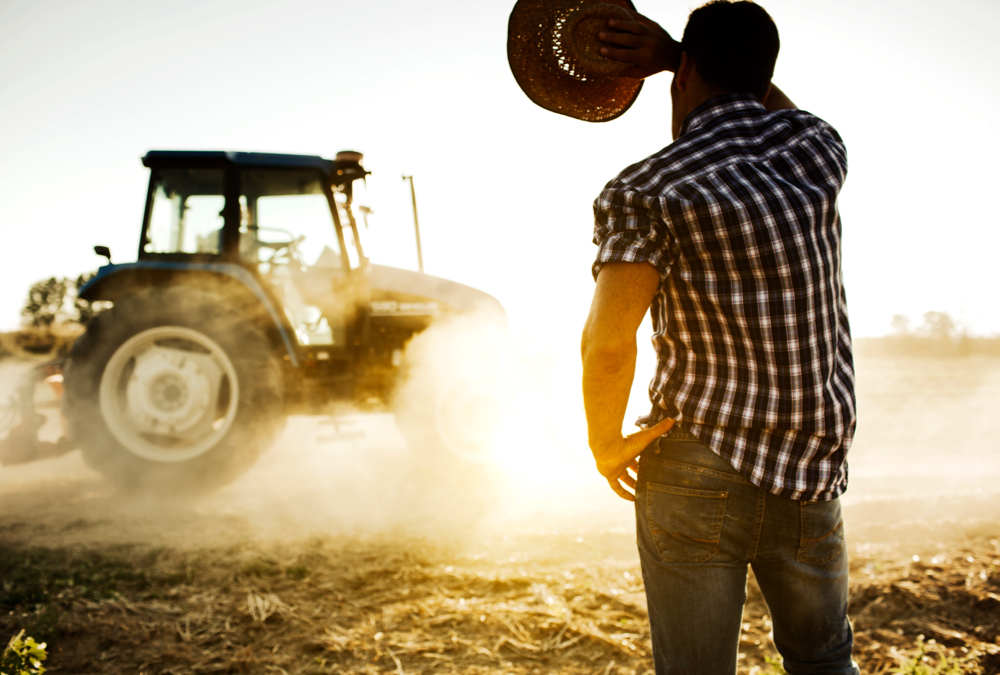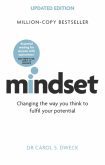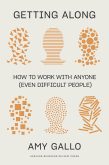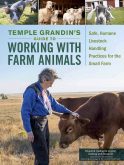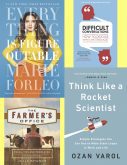GRIT | The Power of Passion and Perseverance
By Angela Duckworth
(Collins, 2018 • 368 pages, $33)
What is the secret ingredient to success? Some say it’s innate talent. Others disagree and say it’s all about learned skills or hard work. And still others point to luck and being at the right place at the right time.
Angela Duckworth, author of Grit: The Power of Passion and Perseverance insists success really comes down to grit. She thinks society puts far too much emphasis on talent as the path to success and that skills are only part of the equation.
Read Also
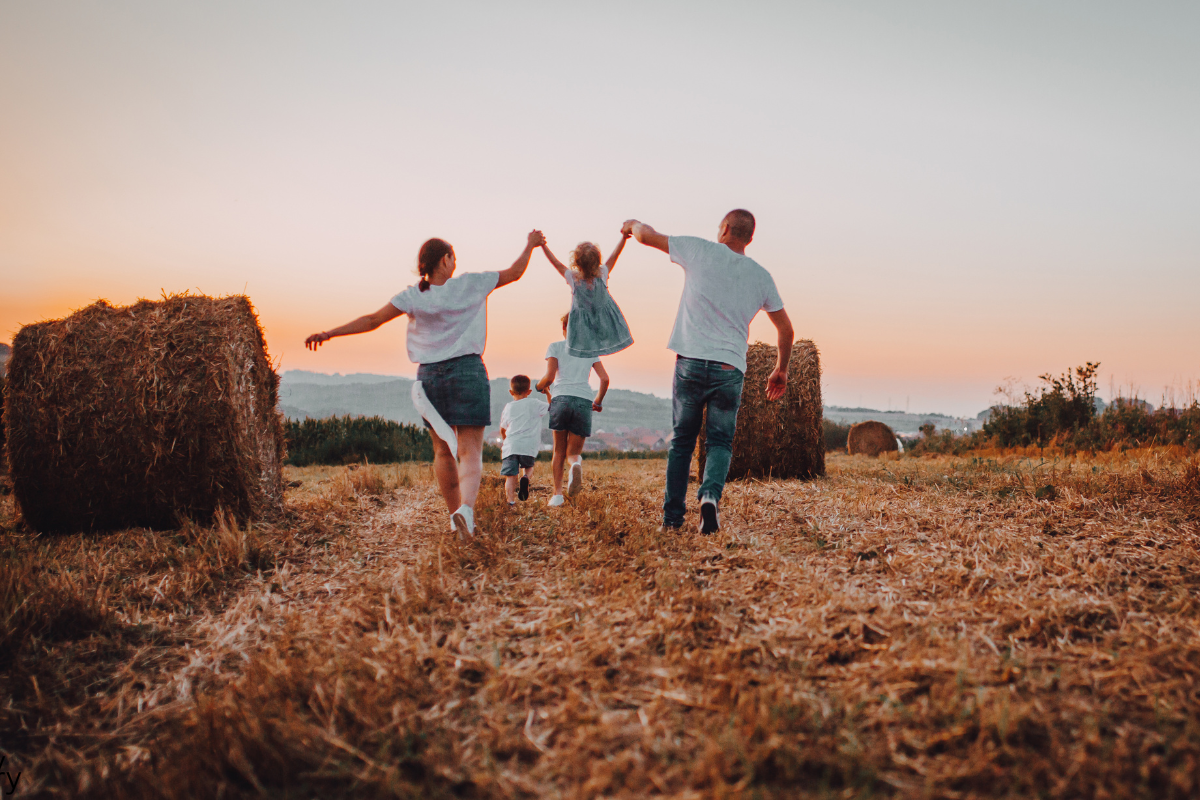
The big squeeze: How to be fair to siblings during farm succession
Managing sibling business relationships on family farms.
“Why do we assume that it is our talent rather than our effort that will decide where we end up in the very long run?” she asks.
What actually helps people succeed, she says, is the combination of passion and perseverance, also known as grit. By examining the lives of a vast array of people in numerous types of careers and life circumstances, Duckworth found these underlying traits in successful people. They’re unusually resilient, hard-working, determined, and very focused on direction with passion as their guiding compass.
Duckworth explores the notion of generational grittiness and whether recent generations are less gritty than we used to be, and she finds that it’s not a question of generations. Instead, all of us change as we mature.
“Grit grows as we figure out our life philosophy,” she says. “We learn to dust ourselves off after rejection and disappointment and learn to tell the difference between low-level goals that should be abandoned quickly and higher-level goals that demand more tenacity.”
In short, life experiences teach us lessons that we can remember and adapt to help us cope with other circumstances as we move through the decades.
Duckworth also cautions us to let go of the myth that giving up on goals means you’re a quitter, that you’re somehow not gritty enough. “Indeed, giving up on lower-level goals is not only forgivable,” she says, “it’s sometimes absolutely necessary. You should give up when one lower-level goal can be swapped for another that is more feasible.”
Another question she is frequently asked is whether grit is a fixed characteristic, or if you can grow your grit.
“Grit is more plastic than you think,” Duckworth says. Drawing on research about fixed and growth mindsets made popular by Carol Dweck in 2016, Duckworth shows that grit can indeed be nurtured.
The point, she says, is that “with a fixed mindset, you’re likely to interpret setbacks as evidence that, after all, you don’t have the ‘right stuff’ — you’re not good enough. With a growth mindset, you believe you can learn to do better.”
Similarly, writes Duckworth, believing that you’ve got control over the level of grit you bring into your life “leads to perseverance and seeking out new challenges that will ultimately make you even stronger.”
Interestingly, whether someone is innately gritty and/or has the capacity to grow grit is often related to the concept of learned helplessness. This occurs when a person has experienced so many repeated stressful situations that they start to believe they are unable to control or change anything. Eventually, they no longer try, even if opportunities for change become obvious. Learned helplessness is directly correlated to a person’s belief in their innate ability to achieve goals.
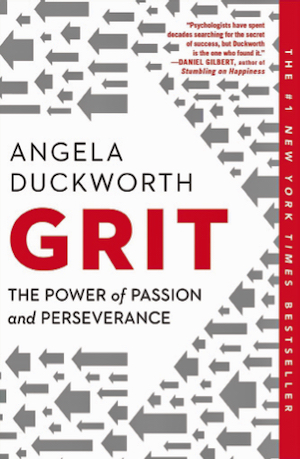
In Grit, Duckworth highlights research conducted by psychologists Marty Seligman and Steve Maier in the 1960s where caged laboratory dogs received electric shocks one day, randomly and without warning, with some being able to end the shock early by pushing a panel with their nose.
The next day, the experiment was repeated with the addition of a high-pitched tone that played just before a shock was given and all dogs had the opportunity to leap over a short wall to an unelectrified part of the cage to avoid the impending jolt. Almost all the dogs who had control over the shocks the day before learned to leap the barrier. Those that did not have control over the shocks on the first day “gave up trying to help themselves.
A similar experiment on rats showed that young rats who had control over their environment grew up to be more adventurous, without learned helplessness.”
What does this mean for people? It means that even though we all face obstacles and limits, whether in talent or opportunity, “more often than we think, our limits are self-imposed,” Duckworth says. As Seligman concluded, we can turn learned helplessness into learned optimism.
Duckworth’s research on grit will ring true for many farmers as they think of the neighbours they’ve known across a lifetime. However, it’s worth remembering that the drive to be the most hardworking, tenacious, and passionate — in short, attempting to be the grittiest person on the block — should never, ever come at the expense of your physical or mental health.
Grit is meant to be a positive, to illuminate your passion, help you tackle obstacles and work towards goals.
Use it to plan a deliberate path to business sustainability and success — whatever success looks like to you.

